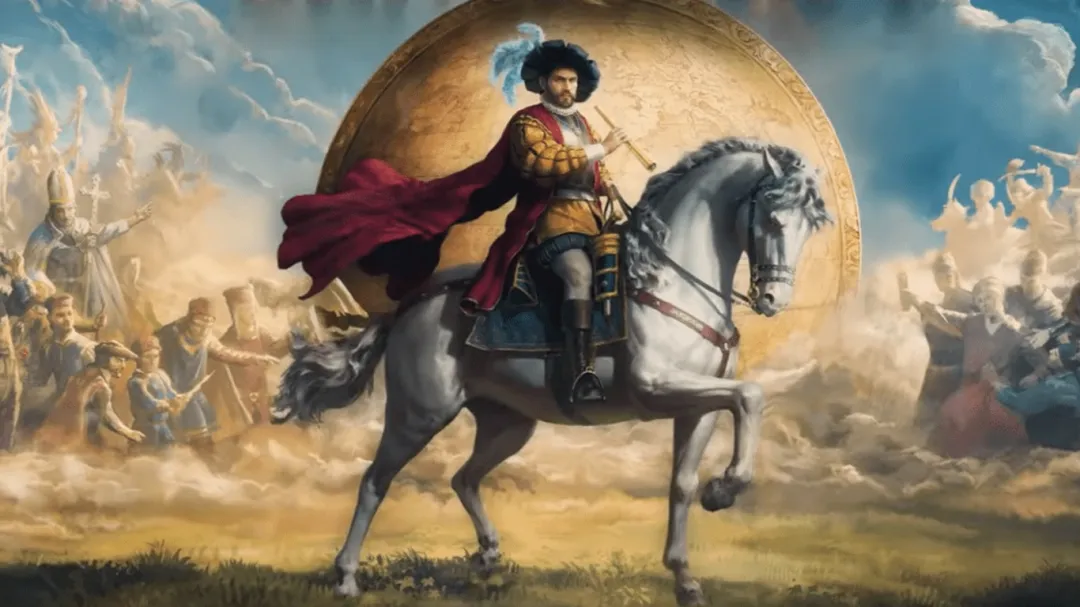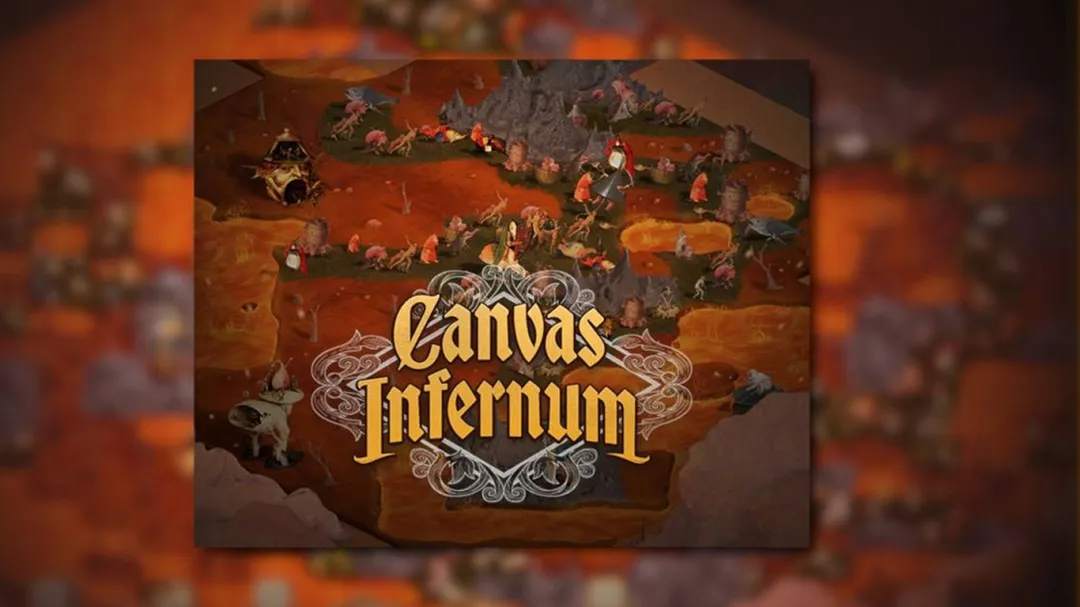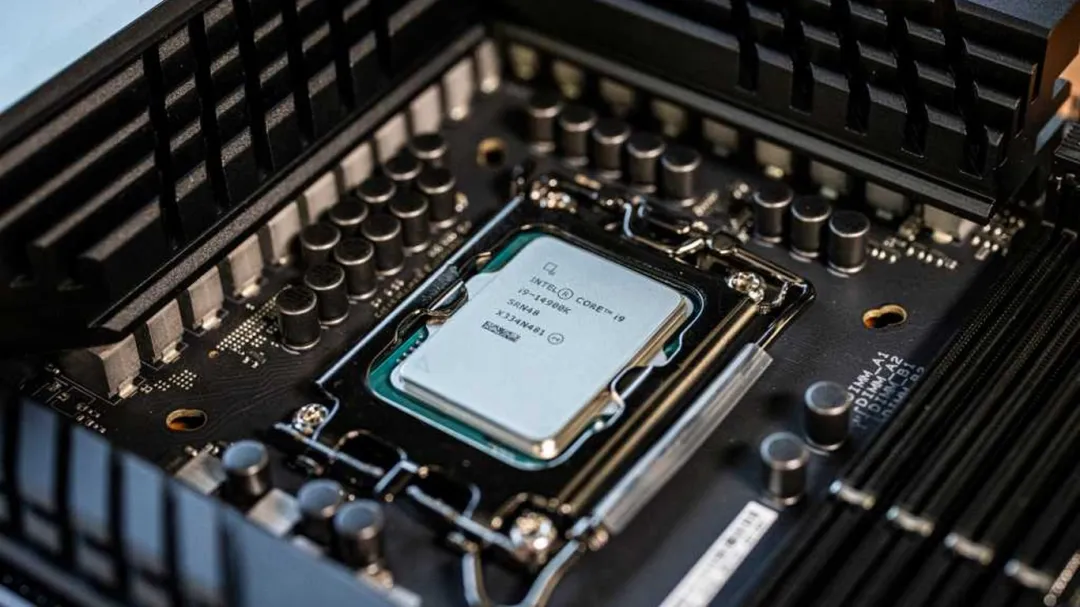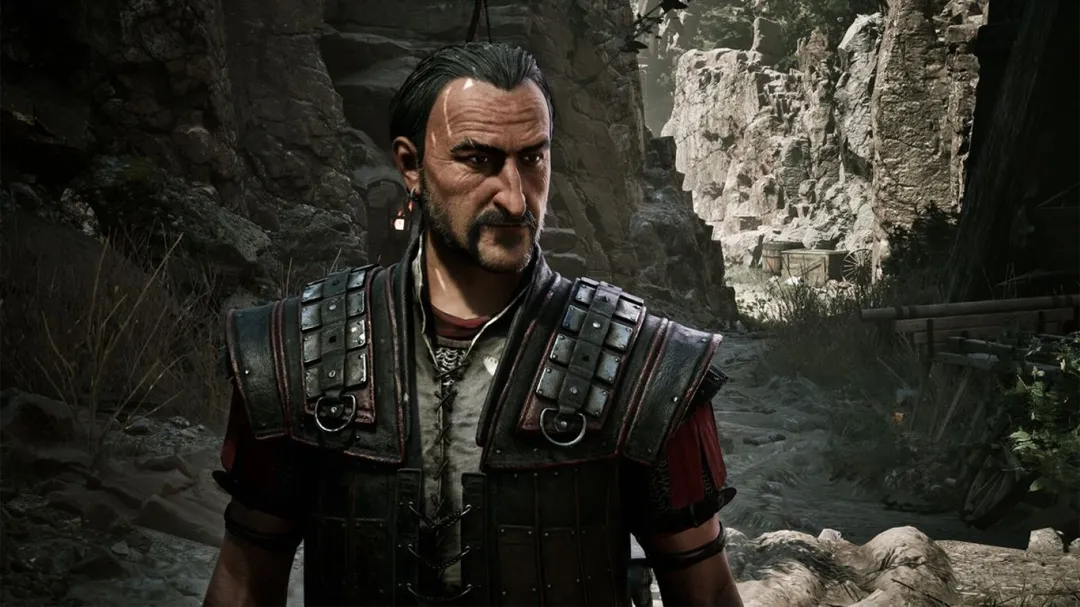AI’s Dual Role in Gaming Evolution

In San Francisco, a growing debate within the gaming industry revolves around the role of artificial intelligence (AI). Proponents argue AI has the potential to transform games into vibrant, dynamic worlds that adapt to players in real time. This evolution promises unprecedented immersion and interactivity.
Despite AI’s promise, many seasoned developers express skepticism. They highlight that while machine learning algorithms can analyze patterns and generate content, these systems lack the nuanced creativity and emotional depth that human designers bring. “Human-crafted experiences remain unparalleled in storytelling and engagement,” says Lara Bennett, a veteran game designer at Horizon Interactive.
Research from the Interactive Digital Entertainment Institute supports this position, indicating that player satisfaction often correlates with bespoke design elements rather than procedurally generated content. Nonetheless, AI-driven tools are increasingly embraced for automating repetitive tasks and enhancing game testing processes.
The tension between embracing AI as a heroic force for innovation and fearing it as a villain undermining artistic integrity encapsulates the industry’s current crossroads. As technology advances, the challenge lies in striking a balance that leverages AI’s capabilities without compromising the human touch that defines memorable gaming experiences.






